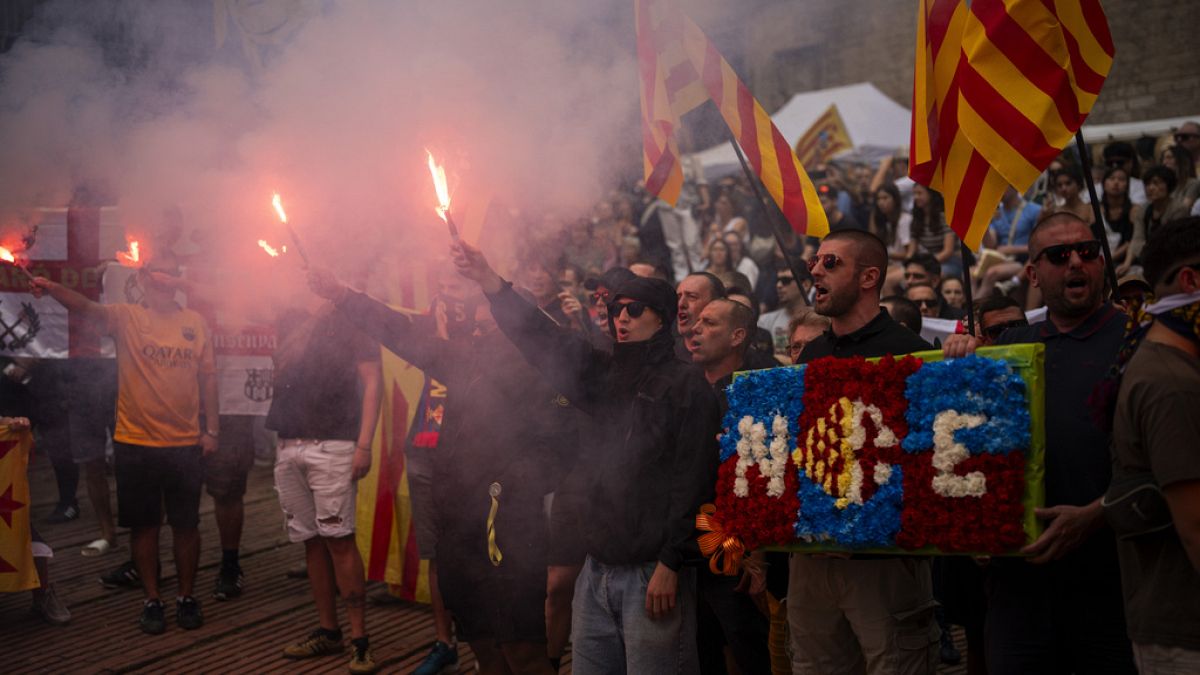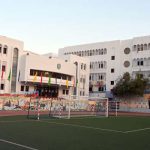On Catalan national day, around 60,000 people gathered in Barcelona to march in support of Catalan independence, marking the lowest number since 2012. The holiday commemorates the fall of Barcelona in the Spanish War of Succession in 1714 and has traditionally been a date for large rallies by the region’s secessionist movement. However, this year’s march drew just half of the 115,000 participants from last year and was a stark contrast to the 1.8 million people who took part in 2014 amid a sense of unity.
The Catalan National Assembly (ANC) and other pro-independence organisations organised demonstrations across five Catalan cities, bringing together a total of 73,500 people, reducing the number of participants in Barcelona. Organisers cited electoral disputes among political parties as the cause of the reduced turnout. Participants in the rally carried flags and placards, advocating for unity among the pro-independence parties. The event began at the Estación de Francia and concluded at the Arc de Triomf, where ANC president Lluís Llach and other leaders of the independence movement addressed the crowds.
The traditional offering to the monument of Rafael Casanova, a leader of Barcelona’s resistance during the War of Succession, saw a lower turnout than usual, with only 100 people in attendance. During speeches at the monument, government officials highlighted the importance of dialogue between different groups. Girona’s PSC spokesperson emphasised the need for unity and cooperation to seize opportunities for progress. The rally comes ahead of a forthcoming verdict on whether a controversial amnesty law will be applied to 12 Catalan separatist movement leaders.
Spain’s parliament recently approved an amnesty law for hundreds of Catalan separatists involved in the 2017 secession bid. However, the Supreme Court ruled that the law would not apply to Catalan separatist leader Carles Puigdemont, citing an exemption for embezzlement of public funds. Puigdemont, who briefly visited Barcelona in August before returning to Waterloo, near Brussels, went into self-exile after the 2017 events. His return coincided with the Catalan parliament’s vote on Socialist Salvador Illa becoming regional president, marking a significant political shift from the pro-independence movement.










